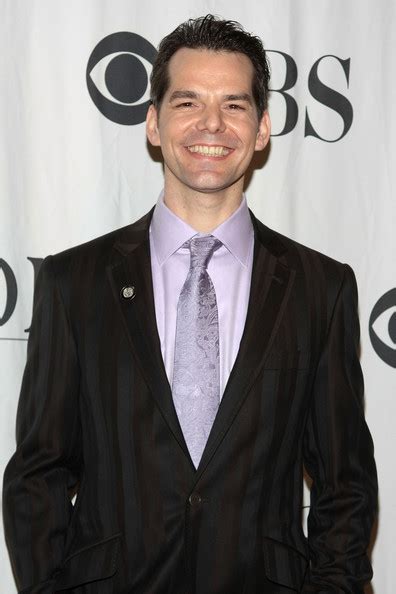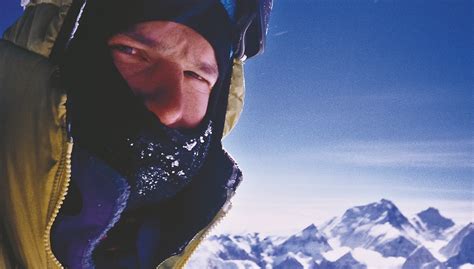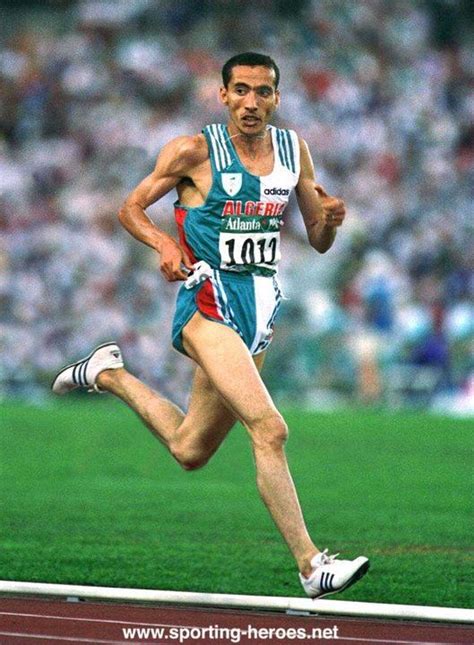A Quote by Joe Henderson
The natural urge when running a distance is to push harder and finish sooner - to race against time. Every second behind a deadline is a little defeat.
Related Quotes
A lot of people give up when the world seems to be against them, but that's the point when you should push a little harder. I use the analogy of running a race. It seems as though you can’t carry on, but if you just get through the pain barrier, you'll see the end and be okay. Often, just around the corner is where the solution will happen.
When you're doing physical comedy, everybody's involved, not just the actors. Everybody's behind the scenes following them, and we've got Jillian the cinematographer running after them, then we've got three guys behind her who are cable-wranglers running with her so she doesn't trip on it. Every day was a mad-dash to the finish line. Every day was so stressful. Every day was so fun.
Your goal is simple: Finish. Experience your first race, don't race it. Your first race should be slightly longer or slightly faster than your normal run. Run your first race. Later you can race. You will be a hero just for finishing, so don't put pressure on yourself by announcing a time goal. Look at it this way: The slower you run the distance, the easier it will be to show off by improving your time the next race!
One hope no sooner dies in us but another rises up in its stead. We are apt to fancy that we shall be happy and satisfied if we possess ourselves of such and such particular enjoyments; but either by reason of their emptiness, or the natural inquietude of the mind, we have no sooner gained one point, but we extend our hopes to another. We still find new inviting scenes and landscapes lying behind those which at a distance terminated our view.
I'm no perfect gymnast. I want to go out and eat junk food, or I maybe don't sleep as much as I should, or some days I'll leave the gym and think, "Maybe I should have worked a little harder. Maybe I'm not as tired as I need to be." Every day you push a little harder, eat a little better, maybe go to bed a little earlier.
There are always more questions. Science as a process is never complete. It is not a foot race, with a finish line.... People will always be waiting at a particular finish line: journalists with their cameras, impatient crowds eager to call the race, astounded to see the scientists approach, pass the mark, and keep running. It's a common misunderstanding, he said. They conclude there was no race. As long as we won't commit to knowing everything, the presumption is we know nothing.
Man feels the urge to run up against the limits of language. Think for example of the astonishment that anything at all exists. This astonishment cannot be expressed in the form of a question, and there is also no answer whatsoever. Anything we might say is a priori bound to be nonsense. Nevertheless we do run up against the limits of language. Kierkegaard too saw that there is this running up against something, and he referred to it in a fairly similar way (as running up against paradox). This running up against the limits of language is ethics.
There is yet another illusion, that it is important to be respectable, to be loved and appreciated, to be important. Many say we have a natural urge to be loved and appreciated, to belong. That’s false. Drop this illusion and you will find happiness. We have a natural urge to be free, a natural urge to love, but not to be loved.






































